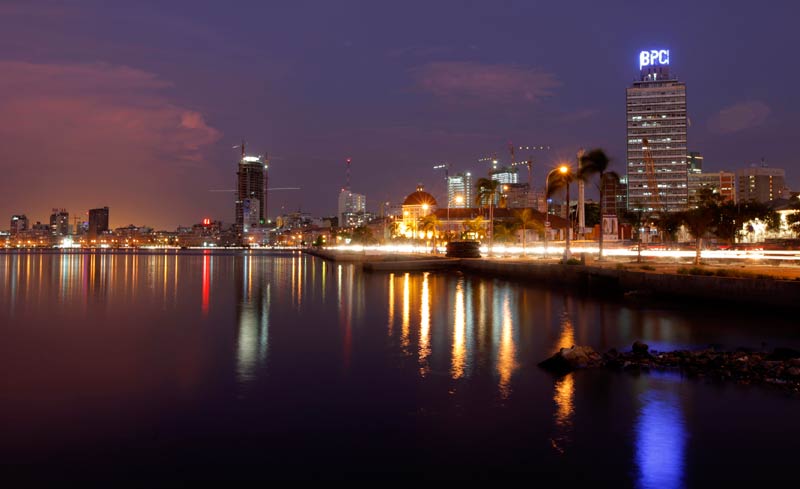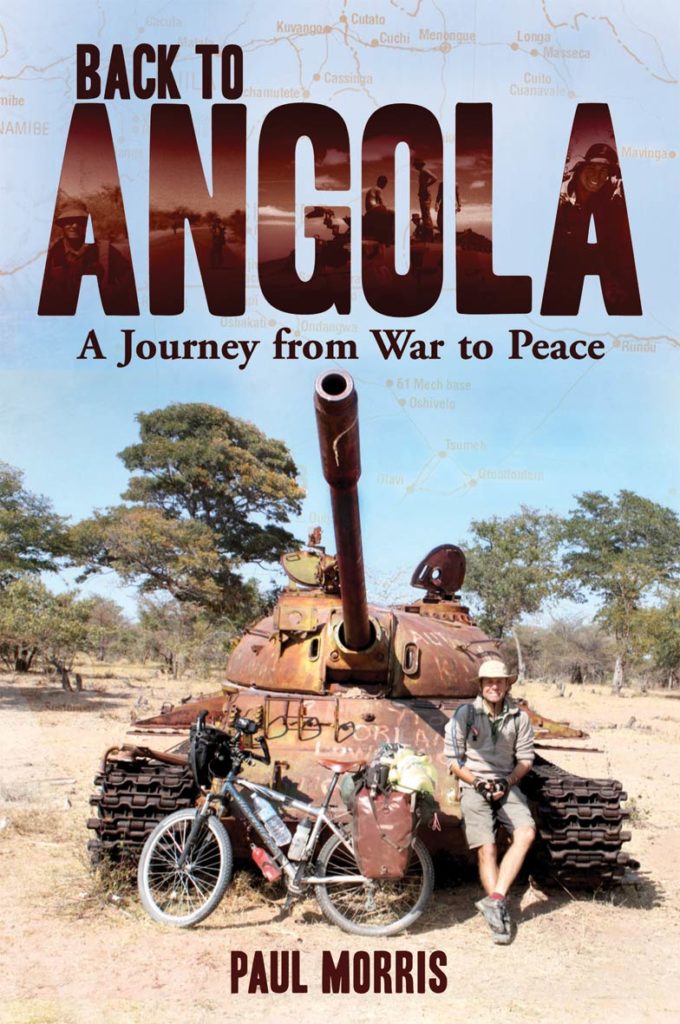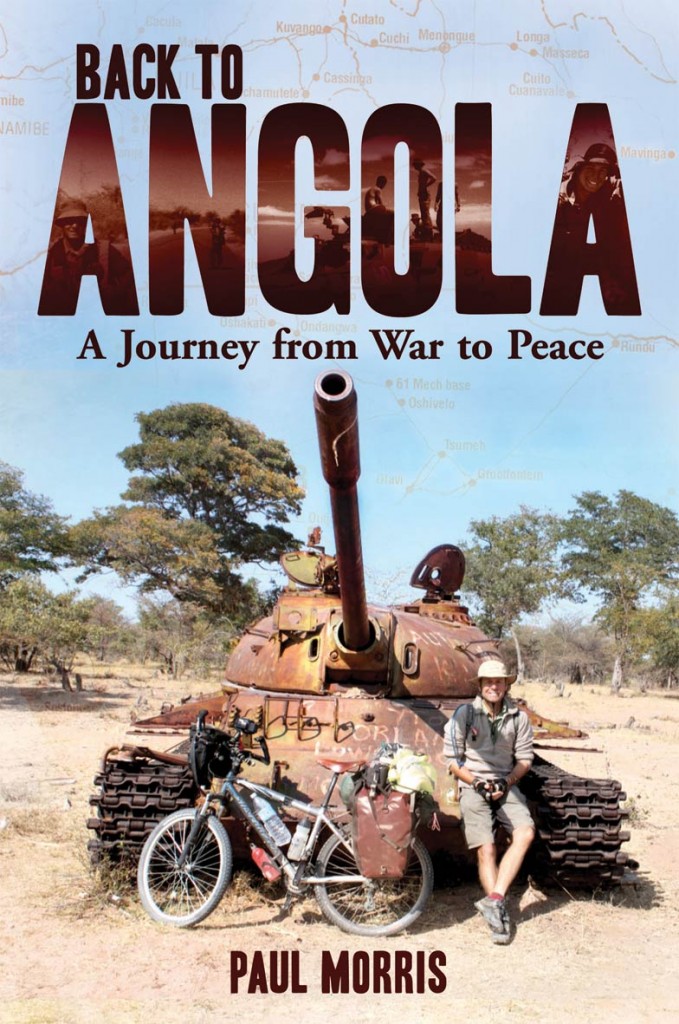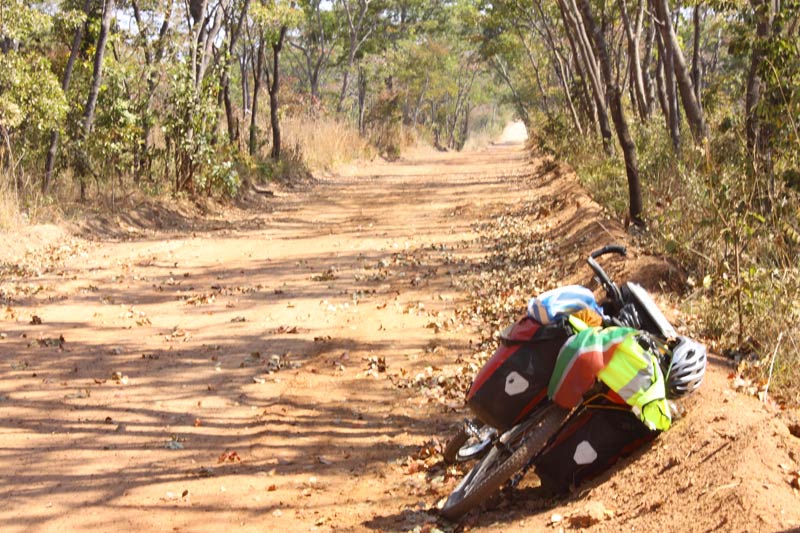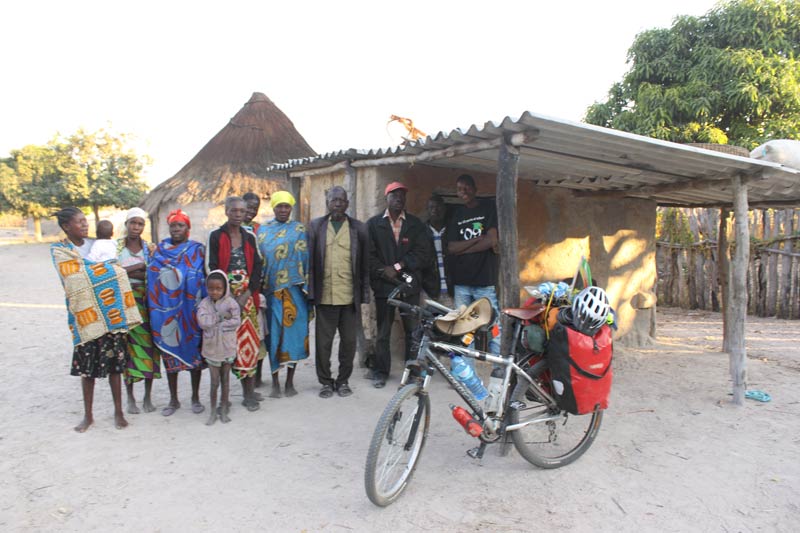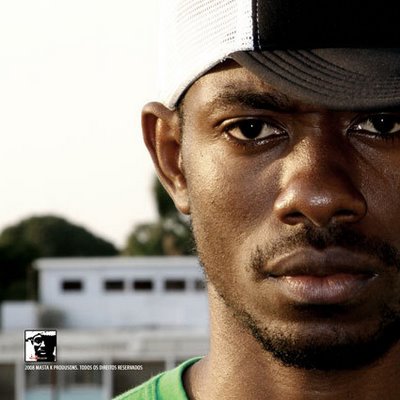
During almost 30 years of civil war, “we’ve never had a supermarket like this – it’s a undeniable gain, and another sign of Angola‘s development,” he said, combing the aisles of Kero, a local hypermarket chain.
Supermarkets and shopping malls are signs of Angola‘s rising middle class as the southwest African nation’s economy has grown rapidly in the last decade thanks to its large oil resources.
Retailer Kero has jumped on the burgeoning prosperity, opening a dozen branches in the past four years with two more set to open soon, bolstering a local workforce of 5 000.
Domestic products make up 30 percent of total sales, creating more local jobs, according to a recent study by consultancy firm Deloitte.
Not far from the polished floors and well-lit aisles of the supermarket, at the far end of the parking lot, a group of women sit back in plastic chairs under a tree.
They are selling cellphone airtime, vegetables and exchanging dollars for Angolan kwanza.
“We set up here after the supermarket opened,” says Maria. “It’s a great location. There are a lot of pedestrians so there are lots of opportunities to make a sale.”
This coexistence of formal and informal economies is reflected across Angola, a nation where extreme poverty and newfound wealth live cheek by jowl.
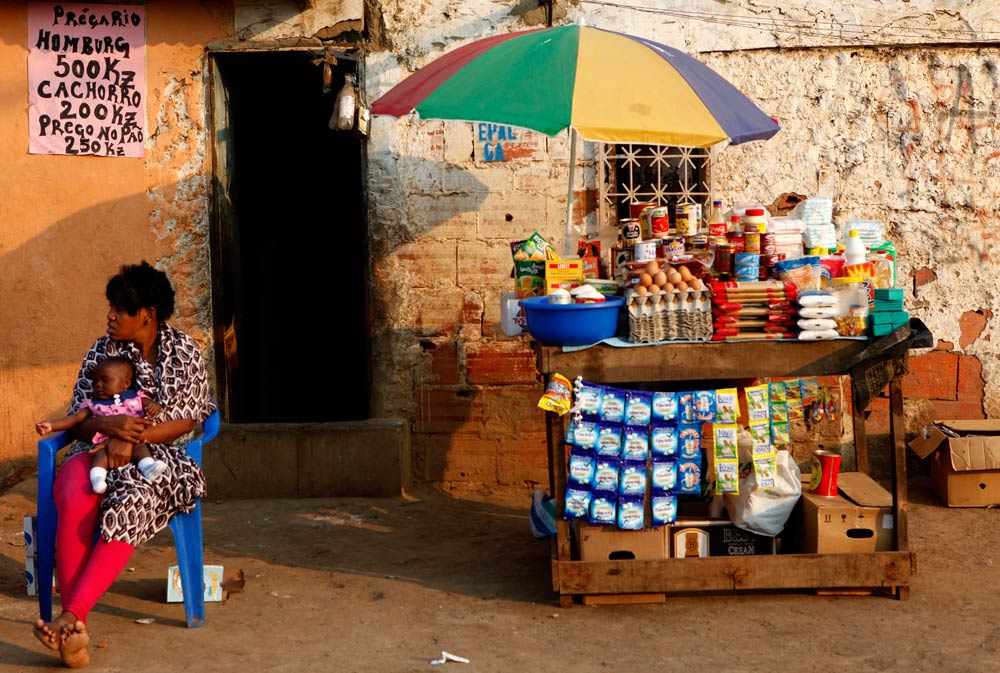
Changing lifestyles
After the devastation of a violent civil war between 1975 and 2002, oil has fuelled the country’s economy, which has grown by 3.9 percent this year and is expected to expand by 5.9 percent in 2015, according to the IMF.
While many complain that the oil wealth has mainly lined the pockets of the elite, the sprouting of big shopping centres is a sign of more people in the middle class, currently about a fifth of the population.
“In the last 10 years, we have witnessed the growth of a middle class both in Luanda and the rest of the country,” said Feizal Esmail, who is helping build a mall with 240 stores in Luanda.
He’s already planning a shuttle service for shoppers from more remote provinces.
Economics professor Justino Pinto de Andrade says increasing wealth is also changing lifestyles and social mores.
“A section of the population has seen its purchasing power increase and, because they work during the week, they concentrate their shopping on the weekend,” he said.
“At the big malls they can buy everything they need at once,” he added.
“And there’s more evidence for this social dynamic: more small cars, high-rise real estate projects, and the spreading use of credit cards.”
In this regard Angola reflects a growing trend across the continent.
A third of Africans – about 370 million people – now belong to the middle class, according to an African Development Bank study published in late October.
By African standards, these individuals spend between $2 and $20 a day, and have access to water, electricity, cars and a number of household goods like televisions and refrigerators.
Street trading
But the middle class is still far from a dominant group in Angola, said sociologist Joao Nzatuzola.
An August study by economists from South Africa’s Standard Bank put Angola‘s middle class at 21 percent of the population. By 2030, they estimate the country will have an extra one million middle class households.
But 54 percent of the population still live on less than $2 a day.
For many, street trading or traditional markets remain their sole source of revenue.
“The multiplication of supermarkets has not overtaken street trading, which is still flourishing,” said Nzatuzola.
Nelson Pestana, professor at the Catholic University of Angola, sees the emergence of supermarkets as a test for small traders, but not an insuperable one.
“The arrival of supermarkets poses a challenge to small businesses, but the informal sector is more resilient because it has advantages not offered by the malls, like selling used goods or negotiating prices,” said Pestana.
A bigger threat could ultimately be the Angolan government’s plans to regulate informal trade, organising a network of traditional markets in licensed premises.
Estelle Maussion for AFP

